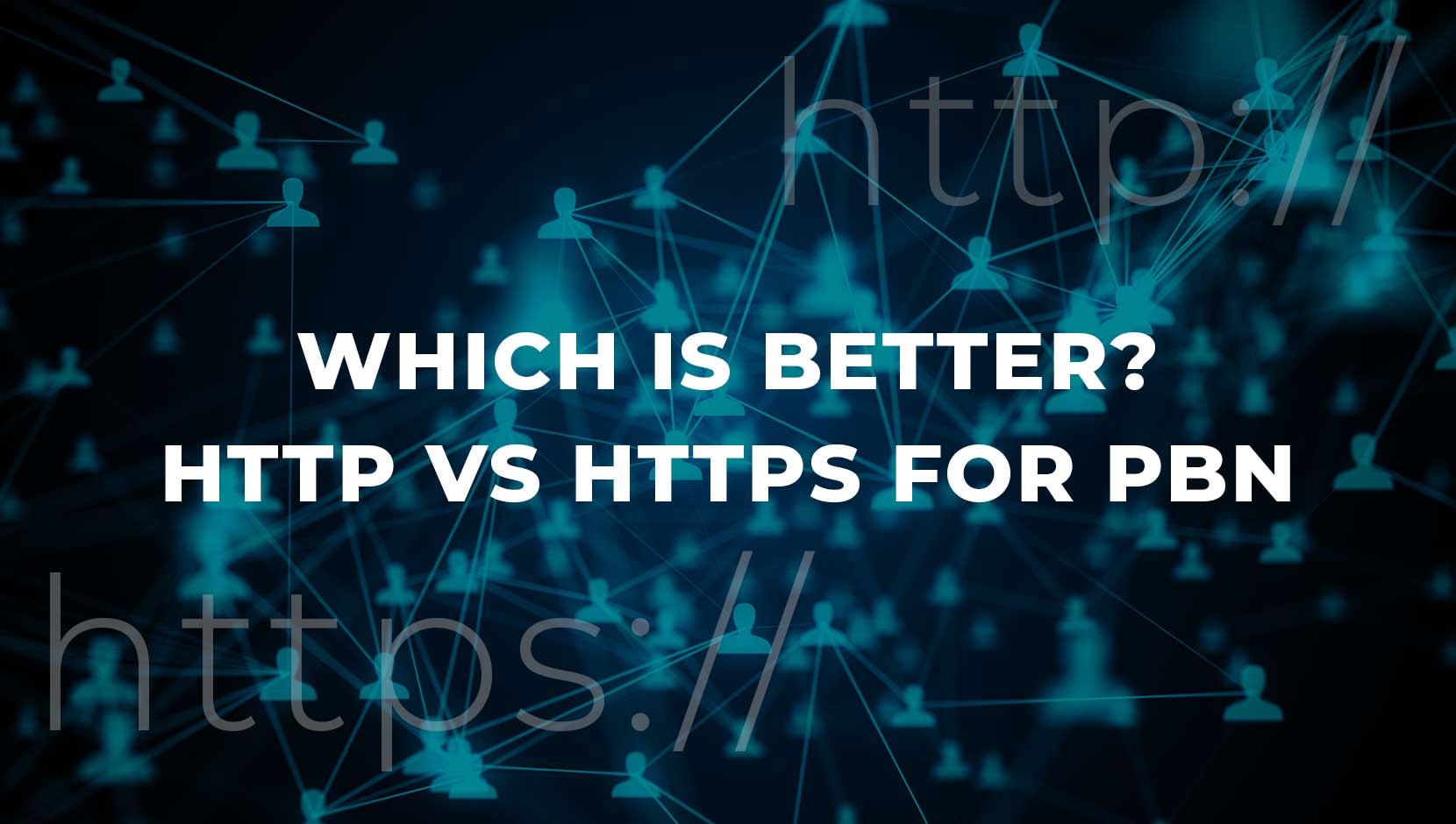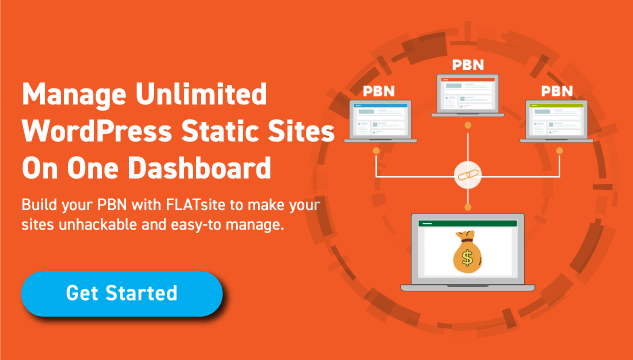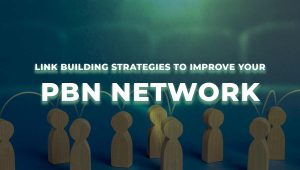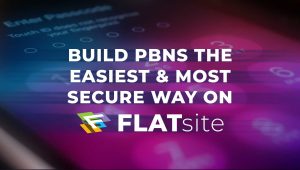The websites in your PBN (Private Blog Network) aren’t like other sites. Ordinary websites put out content that’s designed to boost their own ranking, but websites in a PBN are designed to boost backlinks (and search ranking) for another website. That’s why most people don’t bother adding all the bells and whistles to their PBN. But if your PBN is to be effective, it needs to be just as fast and secure as any other website. That means you need to set it up using a static site generator, and it also means you need an SSL certificate.
Why your PBN should go static
Thanks to WordPress’s popularity, you can’t throw a rock at the internet without hitting at least six dynamic websites. Dynamic websites have a database in which they store all the files that make up a webpage. But static websites don’t have a database. Instead, they store all webpages as pre-built HTML files. This is great for several reasons, but here are three of them:
- Static sites are harder to hack, because there’s no database for hackers to target.
- They are faster, because they’re made of pre-built pages.
- Static sites are more secure, because they can’t be changed on the user end.
- Static sites are cheaper to host, which means you can make your PBN even bigger (This is particularly great news for developers and agencies.)
Now that you know why your PBN should go static, here’s a crash course in HTTP and HTTPS to help you decide which to choose:
What’s HTTP, and what’s HTTPS?
HTTP is the unsecured form of HTTPS. (The “S” in HTTPS stands for “Secure”.) HTTP is the reason web servers (which host websites) can communicate with web browsers (which allow websites to be displayed on your device).
Regular HTTP doesn’t encrypt the data that passes between servers and browsers, which means this information can be stolen. HTTPS uses an SSL certificate to encrypt this data, so that sensitive data is protected as it’s transmitted.
Why PBNs aren’t usually secure
Back in the day, most websites used HTTP, and only ecommerce websites even bothered with HTTPS, because they needed to encrypt credit card information. But in 2014, Google started encouraging all websites to use HTTPS, and as an incentive, it gave a ranking boost to websites that had it installed.
Most people wanted the ranking boost, so they installed SSL certificates. But remember: PBNs aren’t normal websites. A PBN doesn’t really need to do anything other than link back to a main website, so they don’t really need to be particularly secure – or so people think.
But here’s why your PBN still needs to be secure:
5 reasons your PBN needs HTTPS
1. Your PBN will be more authoritative with an SSL certificate
You already know that backlinks are an important factor in the ranking of your website (which is why you created a PBN in the first place). But what you might not know is that the higher the quality of the websites that link to your main website, the higher it will rank.
If your site has a bunch of backlinks from several shady-looking websites, that won’t be as powerful as having backlinks from high-quality websites. Just by having an SSL certificate, the websites in your PBN will receive a ranking boost, which will increase the value of the backlinks to your main site.
2. It looks more suspicious not to have HTTPS
Search engines aren’t a fan of people using PBNs. They prefer websites that organically amass backlinks over time – not websites that have been manipulated to bypass the algorithm. So, search engines are on the lookout for PBNs. SSL certificates have a ton of benefits, so most modern websites have them installed. A website without an SSL certificate sticks out like a sore thumb. To save yourself the extra scrutiny, install an SSL certificate on your PBN.
3. Your PBN will be faster with an SSL certificate
A faster website ranks higher in search engines. And SSL certificates increase the loading speed of your website. The speed boost you get from the SSL certificate will also boost the search engine ranking of your PBN, which will make it rank higher in search engines, which will make your main website rank higher in search engines.
4. Your PBN will be more secure with an SSL certificate
All the hard work you put into creating your PBN will be for nothing if your PBN gets hacked. An SSL certificate keeps your PBN safe, so it can send backlinks to your main website for years to come.
5. PBNs are easier to monetize with an SSL certificate
Websites that are fast, secure, and packed with high-quality content are more authoritative than websites that are slow-loading, frequently hacked, and stuffed with disjointed nonsense. If you want to use your PBN to sell backlinking services to other website owners, you’ll have an easier time (and be able to charge a higher price!) if your PBN has an SSL certificate.
So, now you know why you need an SSL certificate for your PBN. Here’s how you get one:
How to get HTTPS for your PBN
SSL certificates usually cost money. But if you set up your PBN on FLATsite and get hosting from a FLATsite partner like Luxhosting.lu or Letzebuerg.net, you can get an SSL certificate free!
If you’d rather use another hosting partner, don’t worry! FLATsite’s platform supports all types of SSL certificates, so feel free to buy an SSL certificate from your favourite host.
Wrapping up
To be truly effective, your PBN needs to be fast and secure. Boost the strength of your backlinks by setting up your PBN on FLATsite and adding an SSL certificate!





